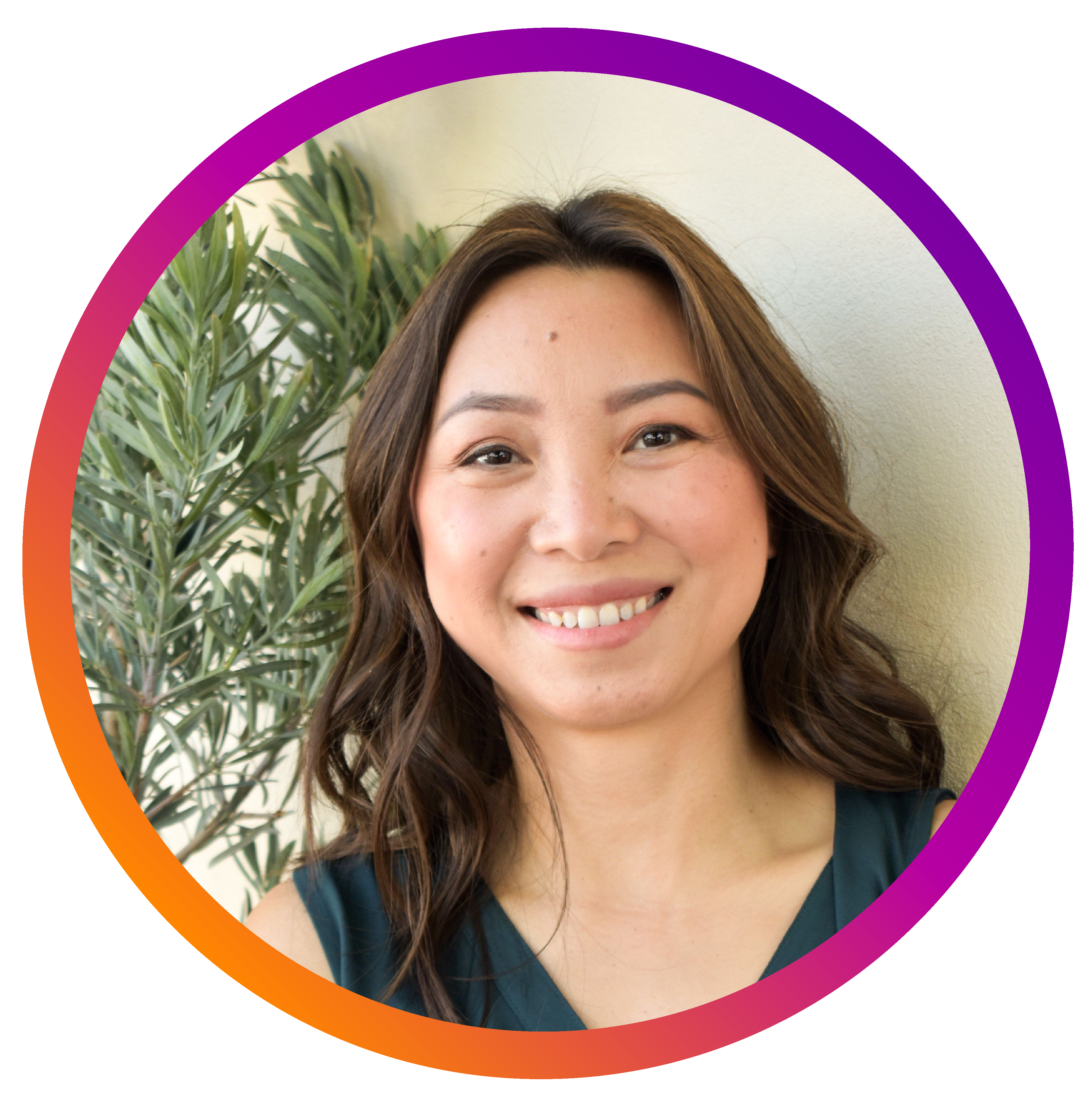Key Differences Between Counseling and Therapy
Key Differences Between Counseling and Therapy
Counseling and therapy are terms often used interchangeably, with people assuming the two are synonymous. While there is a lot of overlap between counseling and therapy, the two are not the same. When it comes to counselors and therapists, the key differences come down to education, training, and licensing standards. It’s essential to know the key differences so that you can choose the option better suited to your needs.
Definition of Counseling and Therapy
Both counseling and therapy refer to working with a trained mental health professional in order to improve some aspect of your mental health.
Key elements of counseling:
- Tends to focus on a specific issue and is considered a short-term treatment.
- Counseling addresses issues currently present
- Goal oriented
- Practical tools are given
Reasons to see a counselor:
Experience with a stressful life event such as the death of a loved one, substance abuse, or sexual abuse.
Types of counseling:
- Marriage counseling
- Addiction counseling
- Grief counseling
- Abuse counseling
- Career counseling
- School counseling
Key elements of therapy:
- Long-term treatment for recurring issues
- Treats diagnosed mental health conditions.
- Tends to be more exploratory and holistic
- Explores the person’s background to understand the root of problems
Therapy can be considered a more in-depth approach because it aims to help you understand yourself and your patterns of thought, feelings, and behaviors.
Reasons to see a therapist:
Unwanted thoughts or feelings that affect your day-to-day behavior, such as social anxiety, post-traumatic stress disorder, or chronic depression.
Types of therapy:
- Cognitive behavior therapy (CBT)
- Psychodynamic therapy
- Interpersonal therapy
- Dialectical behavioral therapy (DBT)
Types of Mental Health Professionals
- Counselors
The term counselor is used broadly to refer to a professional trained in the fields of either psychology, counseling, or social work, They may also refer to a range of medical fields such as nursing.
- Therapists
Therapist is a sweeping term used to refer to a clinician who treats mental health concerns. For example, therapists often have a master’s degree, but a psychologist with a doctorate may also be called a therapist. It’s basically an umbrella term for any mental health professional doing talk therapy, whether virtual or in-person. Counselors, psychologists, clinical social workers, or psychiatrists can all perform therapy.
- Psychiatrists
Psychiatrists are trained medical doctors, which means they can prescribe medication. They specialize in diagnosing and treating mental illness.
- Psychologists
Psychologists can conduct psychological testing and provide psychotherapy. Outside of clinical work, a psychologist may also be a professor or researcher in an academic or institutional setting
- Social workers
They’re trained to diagnose and treat mental illness, provide psychotherapy, advocate for patients, perform discharge planning in the hospital, and provide case management
Licensed Professional Counselors (LPCs)
Licensed professional counselors (LPCs) (in some states referred to as “licensed clinical professional counselors” or “licensed mental health counselors”) provide mental health and substance abuse care. They can work in a variety of settings such as hospitals, mental health clinics, residential care facilities, schools, and private practice.
LPCs can work with different categories of clients including children and families as well as clients with substance abuse problems or learning disabilities. They often work alongside psychologists, psychiatrists, and social workers.
Clinical Psychologists
A psychologist’s training may delve more deeply into the science, theory, and practice of psychology and human behavior. Clinical psychologists have completed specialized treatment. They may be more likely to treat severe mental illnesses such as obsessive-compulsive disorder or personality disorders.
Clinical psychologists may do any of the following:
- Meet with clients to evaluate and assess emotional, mental, or behavioral disorders or problems
- Diagnose existing or potential mental illnesses
- Provide psychological treatment
- Work with a psychiatrist if patients require prescriptions
- Provide consultations for agencies, organizations, businesses, and other various groups
- Collaborate with medical doctors, counselors, and psychiatrists
- Provide training and education for students and those working in the mental health field
- Administer and interpret psychological assessments
- Research human behavior, thought processes, and emotions
- Conduct research, publish findings, and implement other research-based practices
Social Workers
Social work combines many aspects of counseling and psychology. Social workers focus on client case management. They typically specialize in working with certain types of people. Some have special skills to work with different age groups like children, adolescents, or older adults. Other social workers address certain issues such as drug or alcohol abuse, unemployment, or eating disorders. Every social worker must have a license to practice, granted by the state.
Social workers may do any of the following:
- Identify people or communities in need of assistance
- Conduct assessments for clients
- Make recommendations for helping the client with the situation/problem
- Create a plan for assisting the client
- Refer clients to community resources that can fill identified needs
- Respond to crises
- Provide services or therapy directly to clients
- Act as an advocate for the welfare of the client
Education Requirements for Mental Health Professionals
- Counselors
To treat patients in a clinical setting, counselors typically have a master’s degree in counseling. The majority of their educational preparation as a counselor involves advanced counseling theory and techniques. Licensing requirements for counselors are determined by the state. The licensed professional counselor (LPC) title is the most common. Clinical hours are required before becoming licensed.
- Therapists
A therapist is required to have at least a master’s degree (typically in counseling, psychology, or social work). Licensing requirements are determined by the state. Clinical hours are required before becoming licensed.
A therapist can work as a counselor but a licensure or certification influences whether a counselor is a therapist.
- Psychiatrists
Psychiatrists must earn a Doctor of Medicine (MD) or Doctor of Osteopathic Medicine (DO) degree. Their training includes medical school with focus on biological functioning (four years) followed by a specialized residency about mental illness and its treatment, with a focus on medications (three to four years)
- Psychologists
Psychologists have earned a doctorate degree such as an MA, PhD, PsyD, or EdD Training: Graduate courses in human behavior, development, personality, research, statistics, psychotherapy, assessment, and ethics. Graduate work includes two years for a master’s degree, four to six years for a doctoral degree, followed by one to two years of full-time internship.
- Social workers
At a minimum, a social worker has a bachelor’s in social work. Their degree is either an MSW or an LCSW. Their training includes graduate courses on human behavior,
psychotherapy, and community resources. They must complete 2 years of graduate training, followed by two to three years of supervised clinical work.
Licensure Requirements After Completing a Mental Health Program
1. Proof of educational requirements
You’ll need transcripts showing the relevant coursework and degree(s) have been completed.
2. Accrue Supervised Experience
Complete the required amount of clinical hours
3. Register with the state board
4. Be fingerprinted and undergo a criminal background check
5. Apply for Licensure
6. Take and Pass the Clinical Exam (NCMHCE)
7. Complete continuing education hours
Required to maintain certification or licensure
Mental Health Treatment Plans
In mental health, a treatment plan refers to a plan outlining goals and methods of therapy. These plans are used by counselors, therapists, psychiatrists, and social workers in most levels of care.
Mental health treatment plans often contain the following:
- Presenting problem: A brief description of the main issue or issues
- Goals of therapy: A list of the short-term and long-term goals of therapy
- Methods: A short list of the techniques that will be used to achieve the goals.
- Time estimate: A brief estimate of the length of time and/or the number of
sessions needed
Individual Counseling vs Therapy
If you are trying to decide between counseling and therapy it’s helpful to reflect on your current difficulties and what you’re expecting from treatment. What are you looking to change or improve, and how do you want to get there?
A counselor will guide you in a practical approach with a focus on specific life challenges. A therapist will help you gain a better understanding of yourself and your
behavior. One is not better than the other, but one will be better suited to your needs. The Couples Center has experienced therapists with a variety of backgrounds.

 Call Us Now
Call Us Now




